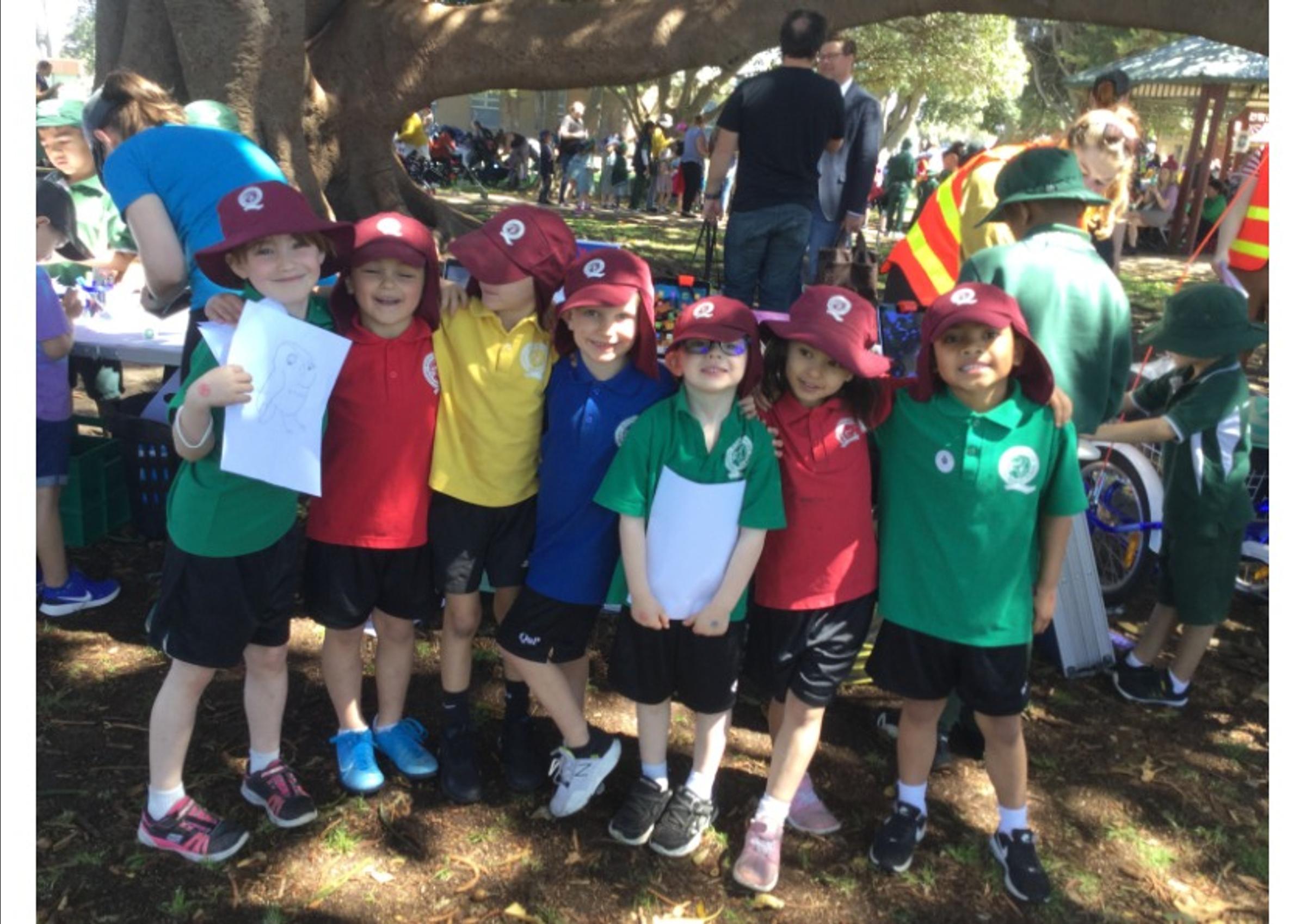From the Principal

Dear Parents & Carers
At Queen of Peace we strive to build partnerships with our parents. Partnerships are built on communication. Effective communication is essential for a successful school. Although this sounds simple and obvious, it requires a commitment from both the school and home to keep informed and communicate frequently.
Some of the systems that we have established to keep you informed are:
- CareMonkey - Where parents share their child’s medical and personal details with the school and other organisations such as sports clubs, that may also use the software. A reminder that as the account holders, it is the parent's responsibility to keep it updated and accurate. We suggest you do this at the start of the new year and whenever home arrangements, contact details and medical conditions change. Don't forget you will also need to inform the school office of the changes too. We also use CareMonkey for excursion permission and to send important administrative information such as the QoP Code of Conduct and school fees.
- FlexiBuzz - Parents are asked to ensure they have this downloaded on their smartphone. Through this app we keep you updated with current events, and send alerts and timely reminders. On the home page of this app there are also handy links to the absence notification form, PTO Parent/Teacher booking system, QoP Community Calendar, QoP website and CareMonkey.
- Seesaw - The purpose of this app is to share student learning and the learning process. It also has the capability for parents to message teachers. Teachers are happy to respond to simple requests but a reminder that they are not expected to reply out of school hours or on weekends.
- Community Calendar – You can access this via our website, FlexiBuzz or the Calendar & Events page of this newsletter. It is google calendar that highlights important events for the 2020 school year.
- Newsletter - The school newsletter is published monthly and shares current news, students' learning and achievements with our community. Our school leaders also share latest learnings and best educational practice. You can access the QOP newsletter via the school website or the FlexiBuzz alert you receive. Likewise you can subscribe to the newsletter (via an option on the homepage of the newsletter) to receive it via email at the time of publication.
We know the best form of communication is one to one/face to face. If parents do have any concerns or issues the best way to resolve this issue is to meet with your child’s teacher. An appointment can be made via the office or arranging an appropriate time with your child’s teacher. My office door is always open and I am happy to have discussions with you too.
Online safety
Queen of Peace is committed to supporting the use of digital technologies in an ethical, safe, respectful and responsible way. Our school believes the teaching of safe and ethical online behaviour is best supported in partnership between home and school. We support the rights of all people in the school community to learn in a safe and inclusive environment and this extends to their use of digital technologies and online communities and is underpinned by our school value of mutual respect.
How do I protect my children online?
According to National Online Safety there are several ways you can help protect your child when they are using apps or devices.
1 Tell them it’s not real
Much like any other monster or fictitious character, it’s important that your child understands that characters like Momo, which in fact turned out to be a hoax, are not real people and cannot control them, tell them what to do or harm them. Also, tell your child not to go openly searching for this content online as it is only going to upset them and cause them distress.
2 Be present
While it’s not always possible to be with your child 24/7, it’s important that you are close to them when they are watching videos or playing with devices so you can monitor what is going on. Also, talk with your child about how they use devices and watch for any signs of behavioural changes.
3 Talk regularly with your child
Have frequent open and honest conversations with your child about screen time and let them know that they can talk with you about anything and everything. Encourage your child to feel confident about having discussions with you about issues and concerns they have related to the online world.
4 Set parental controls on all devices
Set up parental controls for your devices at home to help restrict the types of content that your child can view, as well as help you monitor their activity. On YouTube, turn off the ‘suggested auto-play’ on videos to stop your child from viewing content they may not have selected.
5 Talk to your child about peer pressure
Trends and challenges can be tempting for kids to take part in regardless of how scary they seem and especially if ‘everyone else is doing it.’ Talk to your child about how they don’t need to bow to peer pressure or do anything they are not comfortable with, either online or offline. If they are unsure, encourage them to talk to you or another trusted adult.
6 Do your research
As a parent it’s natural to feel worried for your children’s safety, in the online or offline world. However remember not everything you see online is true. Check the validity of the source and be mindful of what you share as it may cause unfounded worries.
7 Report and block
Flag and report any material you deem to be inappropriate or harmful as soon as you come across it. You should also block the account/content to prevent your child from seeing it.
8 Get support if necessary
